
Police Academy, Gombe and Imo State Command Deprive Nigeria ₦62.44 Million in Revenue
Failure to receive payment worth ₦974,100 for service rendered;

Failure to receive payment worth ₦974,100 for service rendered;
-1709125069.webp)
A total of 158 agencies scheduled for software acquisition and update in the 2021 budget; The total amount stands at ₦24.6 billion; A centralized approach would see the government spending less on software and in the process unifying her administration for all MDAs; Moreover, given the government’s penchant for missing out on its reve
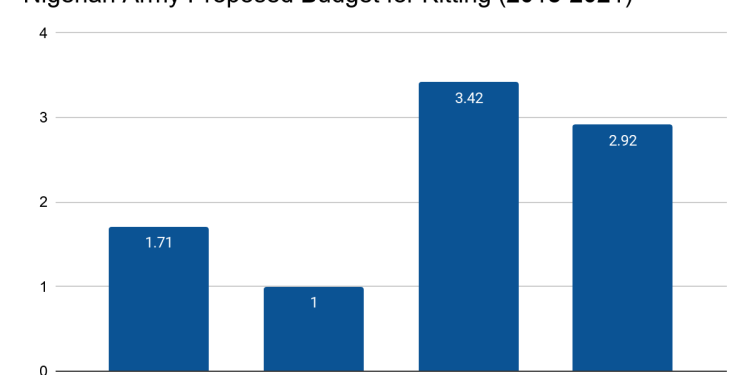
#2021Budget: Buratai’s Nigerian Army budgets ₦2.9 billion to Kit its Personnel
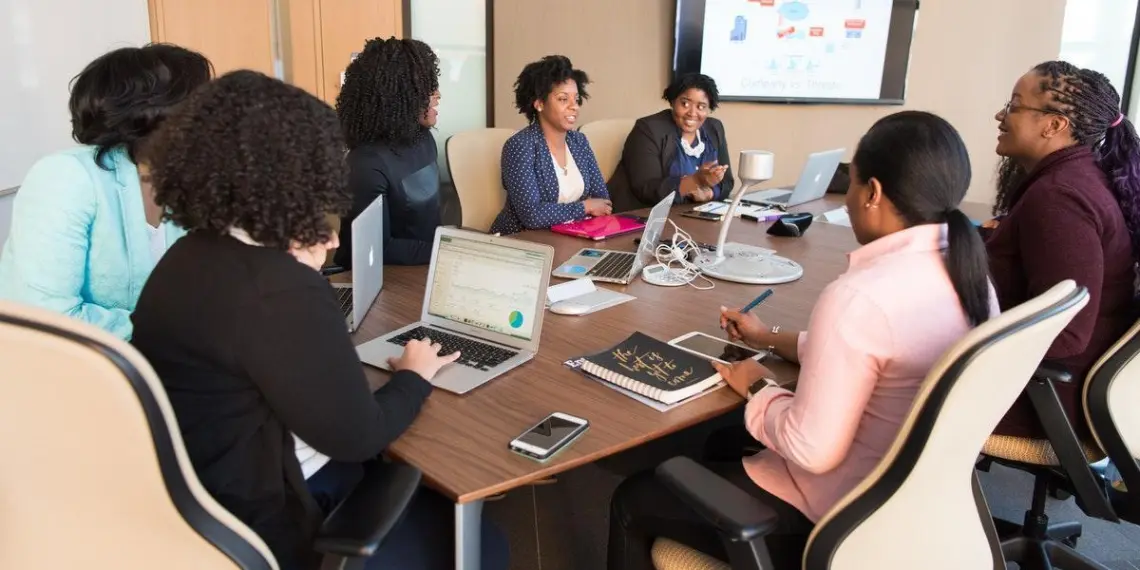
The challenge of gender disparity in Nigeria cannot be overemphasised. Rather than bridge the gap existing, the women fall victim of violence and are deprived of their right. And while culture undoubtedly lends a hand to this systemic burden, its implications to the economy are not so overt. In truth, the inability to bridge the existing gender gap in Nigeria comes with significant cost.

We noted how the stern and tone deaf presidential response was the match that lit the ongoing demonstrations, which are anything but peaceful. But with over 59 incidents in 26 states, what’s next for the self-acclaimed giant of Africa? To say nothing of the economic implications of losses incurred by protests running up to billions in damages.

Trafficking is the third largest crime in Nigeria, with the African giant leading the charge in the continent. Cultural norms, population, and the economy had a hand in this.
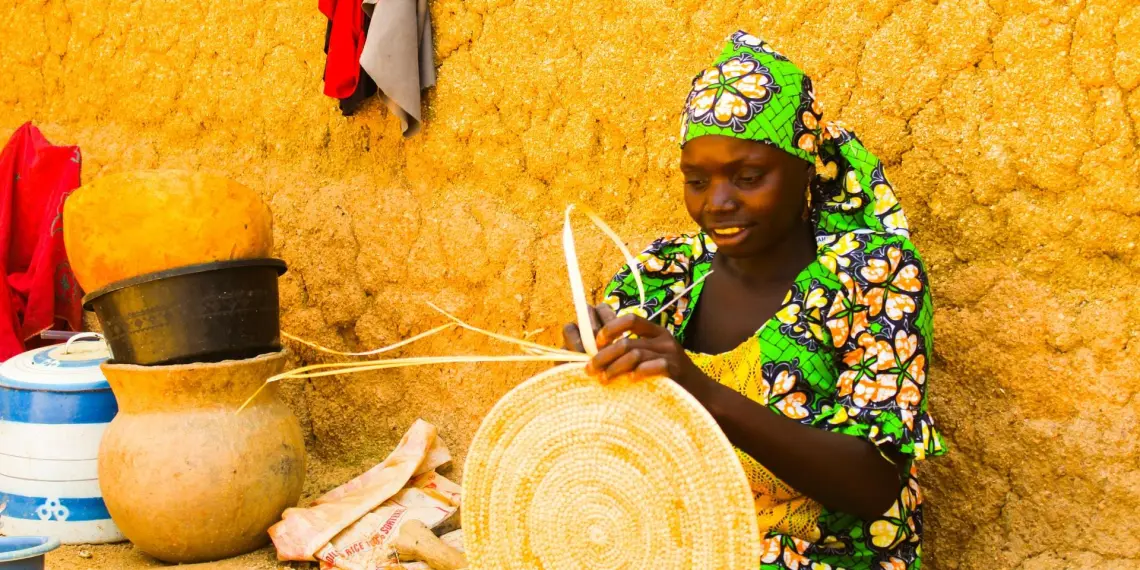
Gender equality discourse has pioneered gender issues in the 21st century. With the strong advocacy for women inclusion in the economy and all its purported benefits, why do Nigerian women still play a peripheral role in our society?
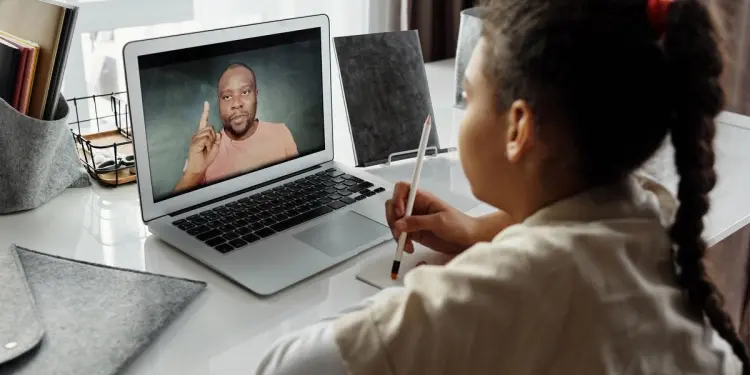
E-learning is a dynamic way of learning that enables students to gain relevant knowledge at their pace. It gives flexibility in the process with vast access to relevant learning materials and interactions with students.

The Office of the Auditor-General of the Federation (OAuGF) revealed how ₦6.54 trillion was unaccounted for by MDAs in four years;

In 2018, Nigeria’s records of registered children accounted for only 38.8% of infants aged less than two. And according to the Nigerian Demographic and Health Survey (NDHS), Nigeria booked down only 48% of registered births for kids aged between 2 – 4 years in the same period.

According to the 2020 revised budget bill the Federal Government, through its 2020 Budget revision, has increased the budget deficit to ₦4.95 Trillion. However, it discarded the initial plan to reduce the 2020 Appropriation by ₦1.5 Trillion in what can be described as a tactical way to finance the increment to its recurrent expenditure.

Though the sermon ridicules the potency of Coronavirus, Chibuzor’s mind raced out of the church to clients who will not open their offices the next day. The shouts of Amen to the proclamation of God’s safety in a time of the Coronavirus pestilence brought him back from the worries of a Monday without a day job.
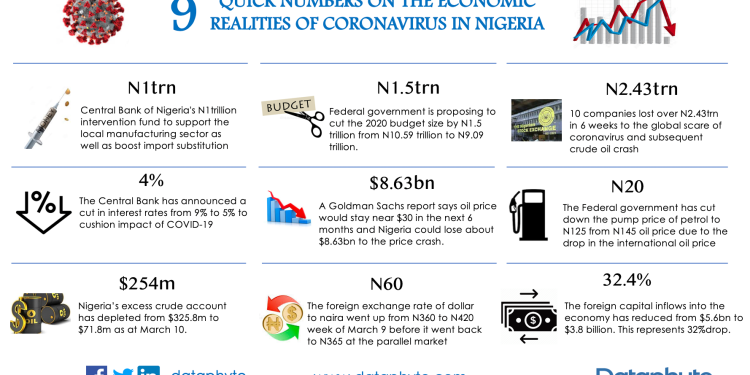
As Coronavirus pandemic ravages the health of Nigerian, the fever is crushing the Nigerian economy even more. The coronavirus has a tendency of slow and gradual destruction. It starts with the stage of infection where even the victim is not aware of its presence. Then after a couple of days, it gradually finds its way to the lungs, its object of destruction. At this stage, the person starts showing signs of its presence. Then slowly it eats into the lungs causing great damages which may result in the death of its victim.
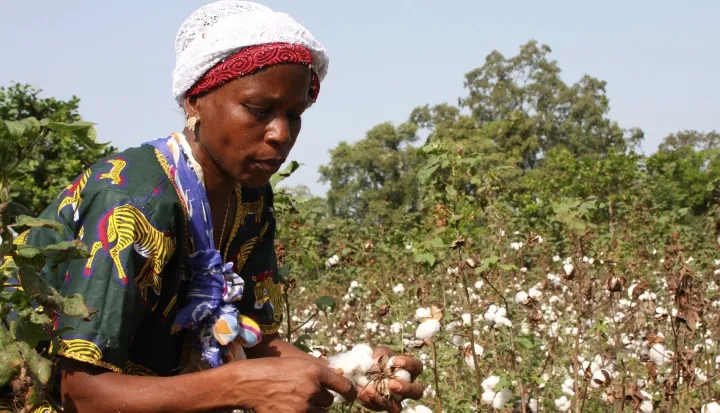
Nigeria’s long era of boasts in an oil sector that accounts for over 70 percent of its total revenue has finally come to an end. Recent indicators show a country under immense financial duress due to an acute decline in its oil revenues in the face of an absurd population upsurge, coupled with a protracted debilitating debt condition.

It is said that local and external debts are not altogether bad in themselves except they are used to fund unproductive investment or productive ventures that are not managed efficiently. Unfortunately, for a country as Nigeria, the exception is the case.